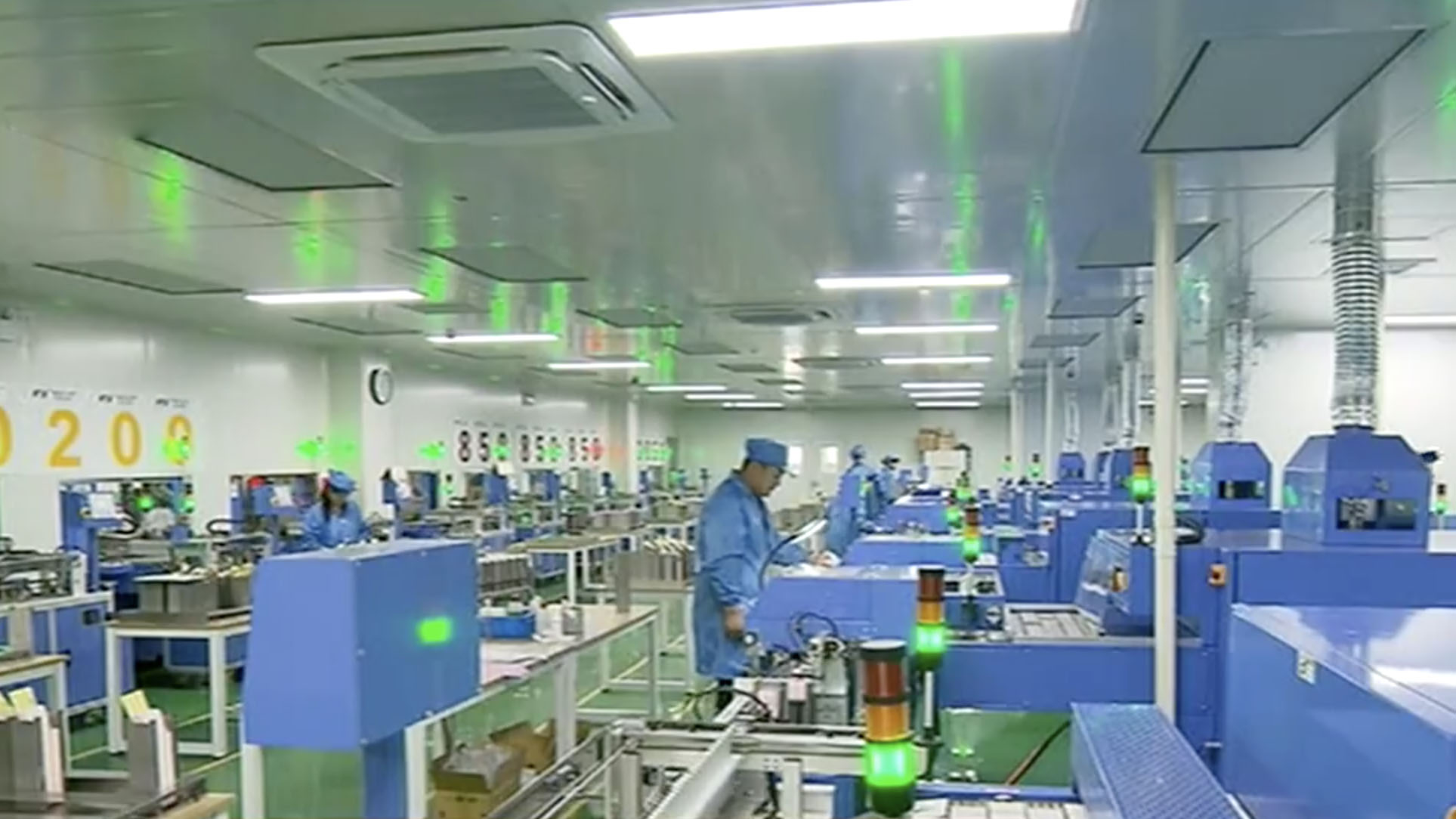00:43

China will take further steps to encourage the employment of college graduates and migrant workers and provide more financial support for small businesses to ease the impact of COVID-19, according to a State Council meeting on Tuesday.
More attention will be paid to the employment of key groups such as college graduates and migrant workers. For example, the country will expand the scale of graduate student enrollment, increase the upgrade from junior college student to university students and increase the recruitment of primary medical and social services posts, said the meeting chaired by Premier Li Keqiang.
It is necessary to postpone the registration and settlement of the graduates who left college late, and the college should take care of the "hukou," or household registration status, and student portfolios for two years for graduates who have left the school without being employed, said the meeting.
The country will also increase employment subsidies for migrant workers, and promote more local employment.

Expanding employment of key groups such as college graduates and migrant workers. /VCG
Expanding employment of key groups such as college graduates and migrant workers. /VCG
More financial support for small business
Li said the country will continue to increase financial support for the resumption of production of medium-sized, small and micro enterprises based on the rule of the market and law. Financial institutions are encouraged to provide temporary deferred repayment of loans until June 30 for eligible small and micro-enterprises and individual businesses that have difficulties in liquidity.
The country will increase re-lending, re-discount quota by 500 billion yuan to support medium-sized, small and micro enterprises, and lower the interest rate for small and agriculture businesses by 0.25 percentage points.

Medical personnel pose for a photo at Huoshenshan (Fire God Mountain) Hospital in Wuhan, central China's Hubei Province, February 4, 2020. /Xinhua
Medical personnel pose for a photo at Huoshenshan (Fire God Mountain) Hospital in Wuhan, central China's Hubei Province, February 4, 2020. /Xinhua
Meanwhile, commercial banks should make interest rates lower than in the previous year. In the first half of the year, the state-owned large banks' inclusive loan balance to small and micro firms should grow at a rate of no less than 30 percent year on year. Policy banks will increase 350 billion yuan in special loans to private, small, medium-sized and micro enterprises at preferential rates, said the meeting.
The country will exempt small-scale taxpayers' value-added tax in Hubei Province from March 1 to the end of May, and the levy rate in other regions will be reduced from 3 percent to 1 percent. Financial institutions should also increase low-interest loans to individual businesses.
In addition, electricity price of industrial and commercial businesses will be reduced by 5 percent except for high energy-consuming industries. Local governments should also reduce urban land use taxes and lessors should reduce rents for individual businesses.
Read more: China takes up challenge as COVID-19 weighs on economy